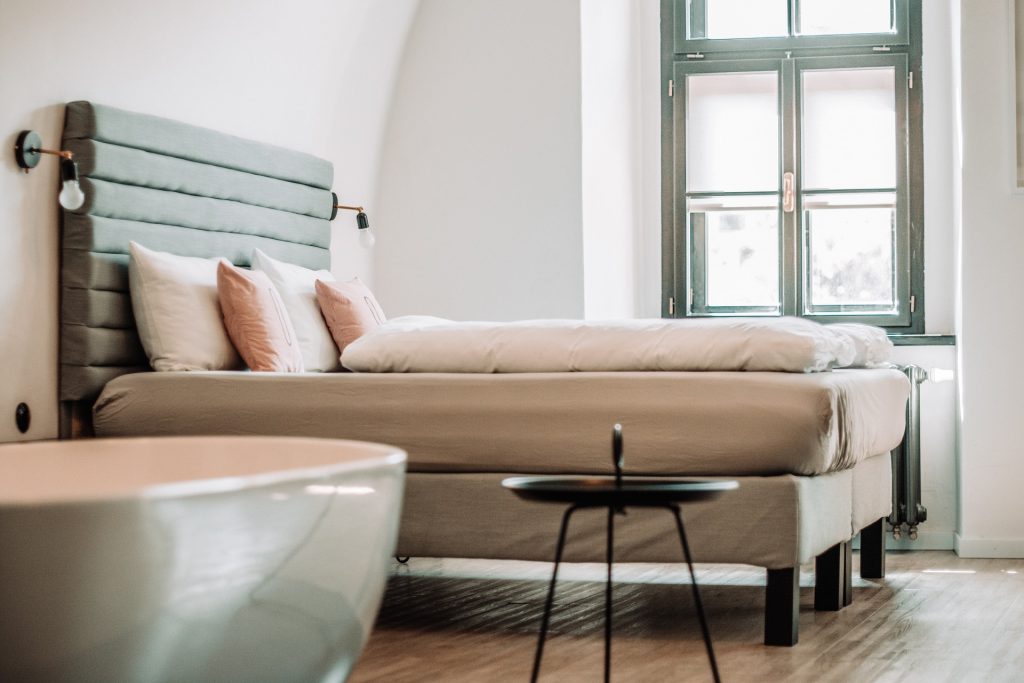Of Minimalism and Saving Money

Does minimalism mean more savings?
An increasing number of people are getting interested in minimalism. They are attracted to the lifestyle for various reasons. Some are turned off by the blatant consumerism of modern culture. Others like the idea of making fewer choices. Then there are those who appreciate it as something that’s good for the environment.
Then there is the financial aspect of minimalism. Can it lead to more savings?
Minimalism 101
Minimalism is a lifestyle trend that emphasizes living with less material things. For many who follow the lifestyle, they aim to get rid of excess belongings and just make do with what’s necessary.
Basing on that definition, it would seem that leading a minimalist lifestyle will lead to more savings.
Minimalism and Saving
On the surface, it seems that minimalism will automatically lead to more savings. Fewer material possessions would mean less money being spent, but things are not as simple as that.
A lot would still depend on the attitude of the person practising minimalism. For example, if you decide to practice minimalism and then you declutter your house, that would not necessarily change your spending habits. You could still purchase new items and just throw away the old ones.
So, without changing your spending habits, you will not save any money even if you decide to declutter your home. Throwing away something so you can bu a new one is just an excuse for you to continue with a wasteful consumer attitude that goes against the principles behind minimalism.
How Minimalism Saves Money
To save money when you’re practising minimalism, you have to change your attitude. Here are ways that minimalism can help you in saving money:
A Smaller House
If you are serious about minimalism, you will get rid of most of your belongings. You will be left with just the absolute essentials. That means you will need a smaller space to live in. if you are renting, that means you can settle for a much smaller place than what you have before.
If you are planning on buying a house, you can settle for a much smaller home or you can even opt for a tiny house. Either way, that can lead to considerable savings.
Choosing Quality
Because you will consider each option carefully, you will choose quality products over cheap ones. That means the product will last long and you do not end up buying the same thing over and over.
Stopping Impulse Purchases
More than 90% of people who shop have made an impulse purchase at one time or another. Impulse purchases are problematic because they lead to unplanned expenses. Once you practice real minimalism, you will be careful with each purchase. You will stop and consider first if you need an item.
With minimalism, you can lessen your impulse purchases considerably. That can lead to significant savings.
Minimalism can lead to more savings but it involves a change of attitude on your part. More savings do not automatically follow decluttering. In fact, getting rid of old stuff can just become an excuse for spending more.